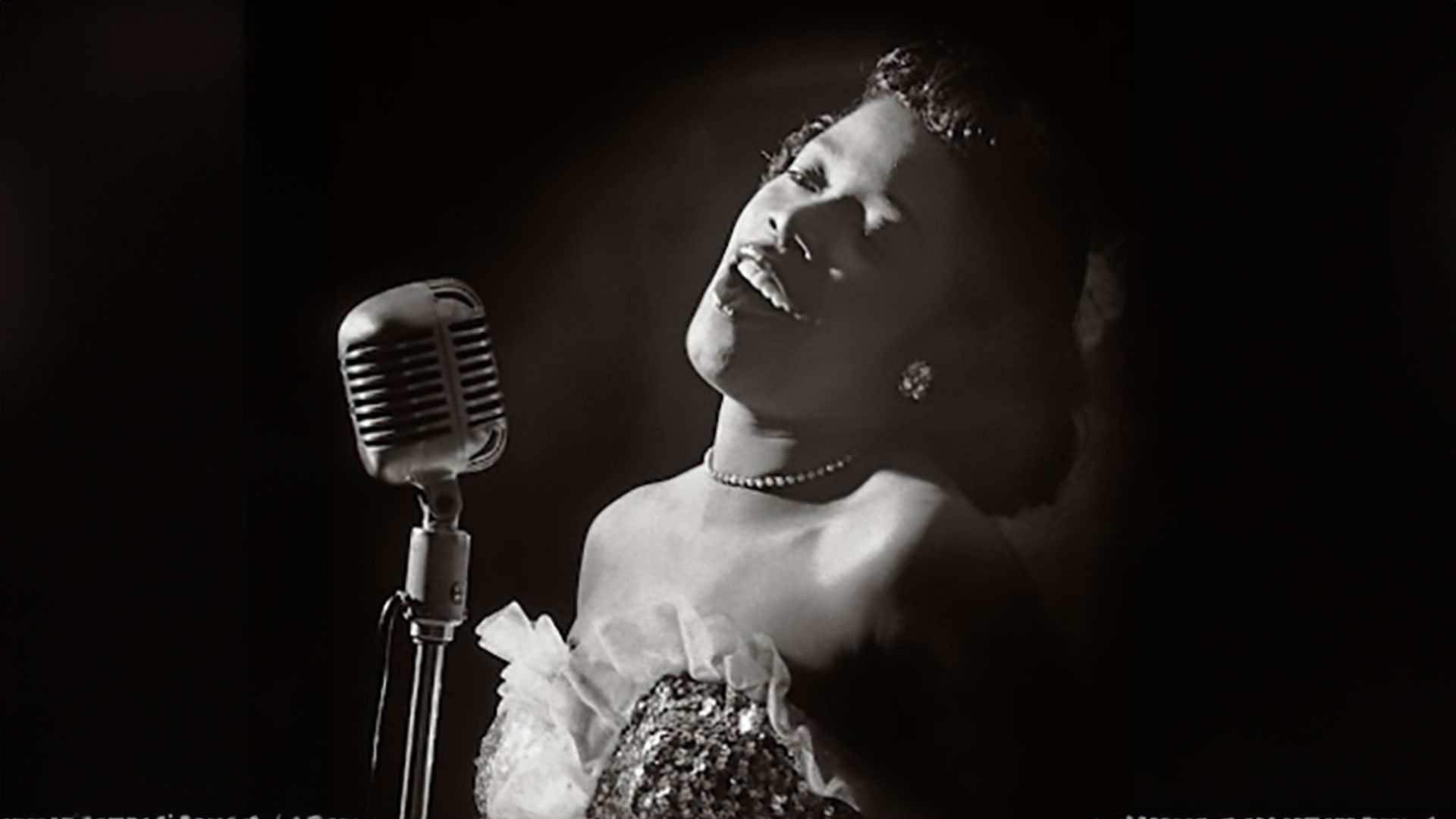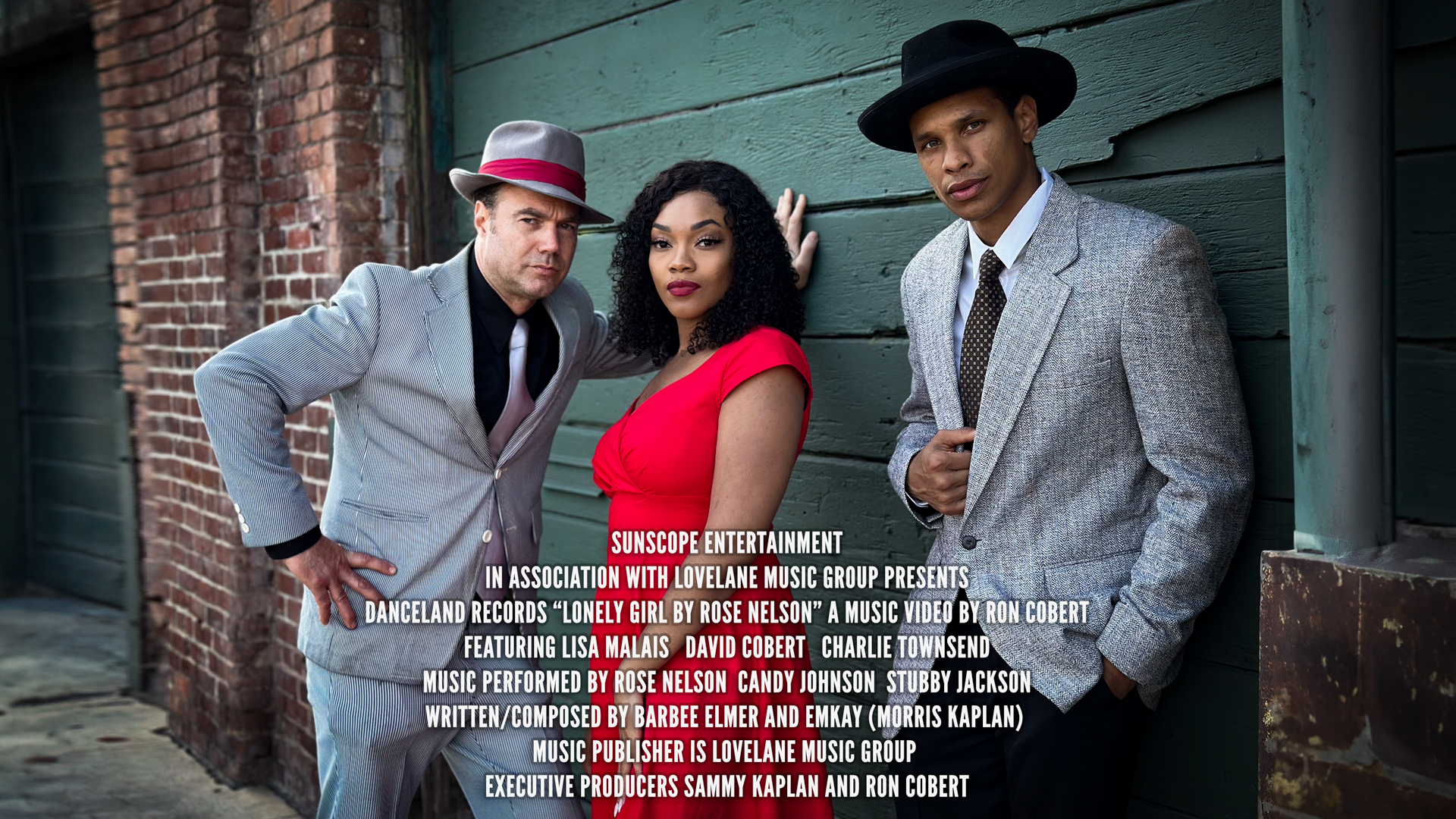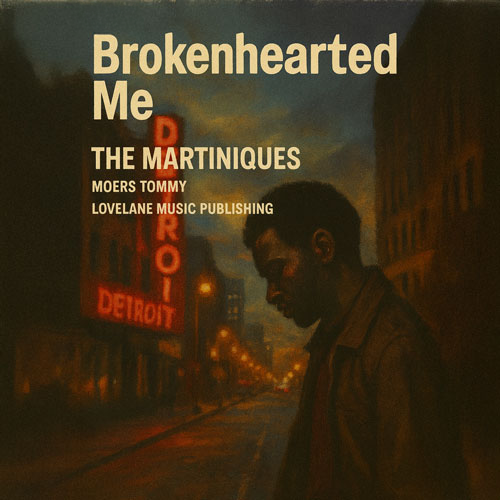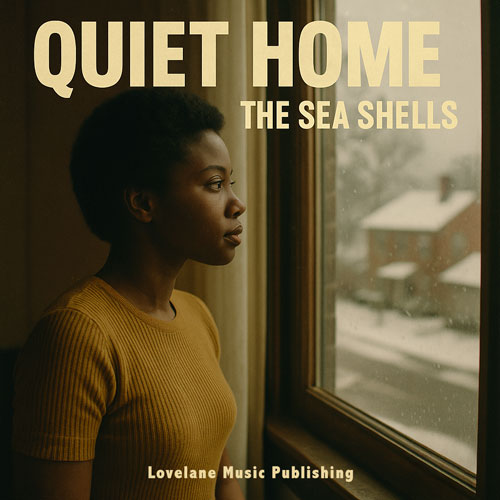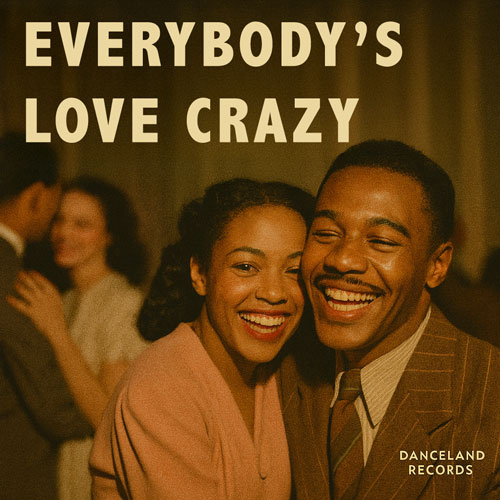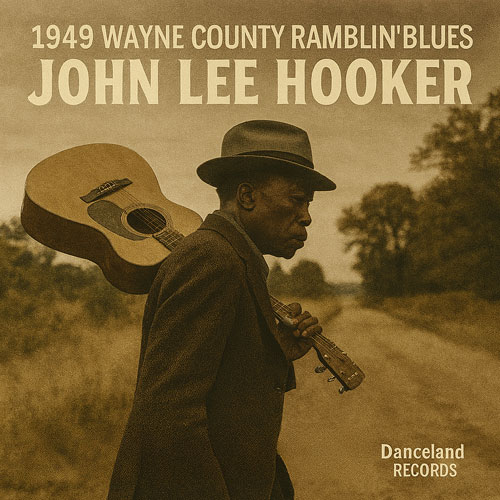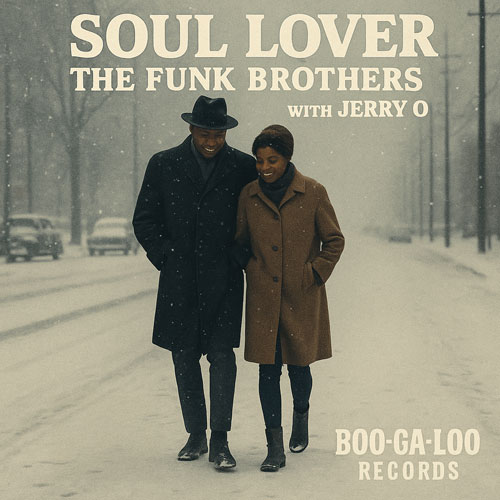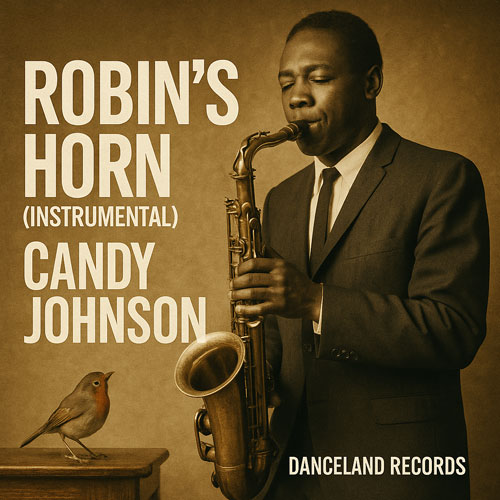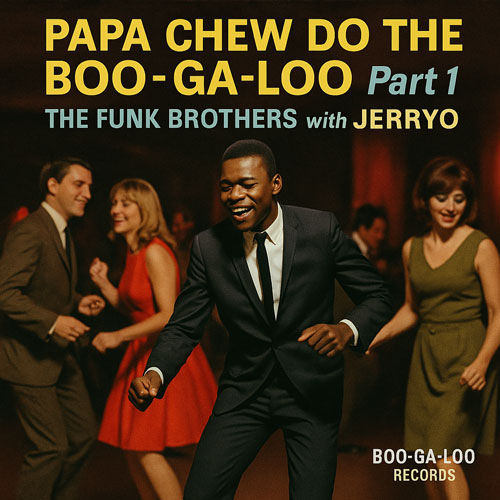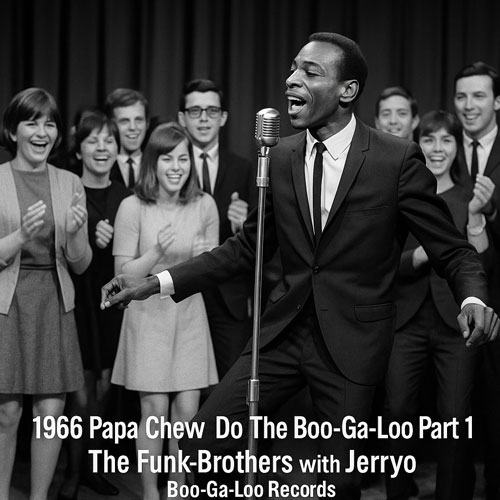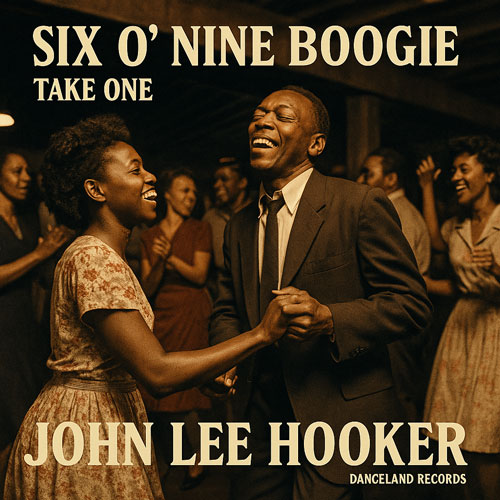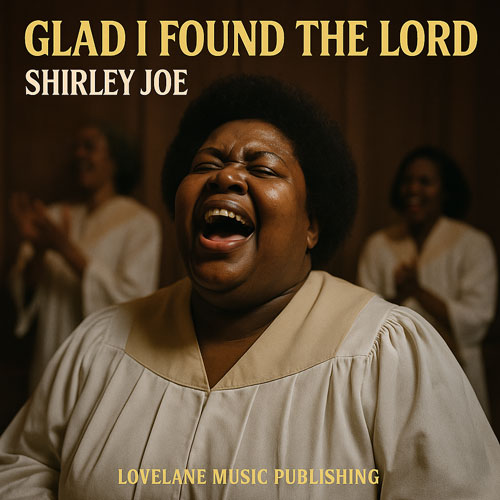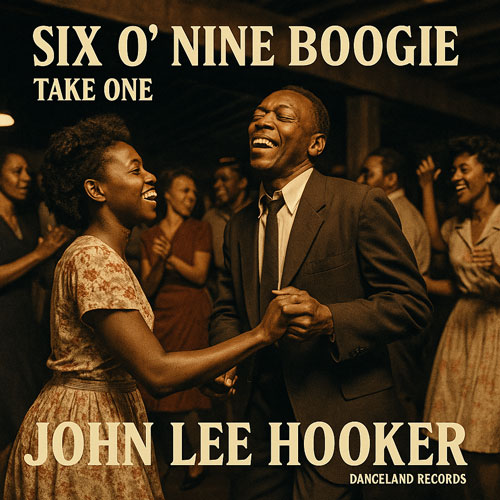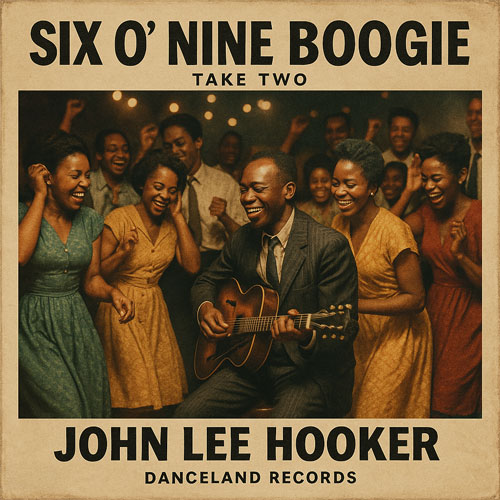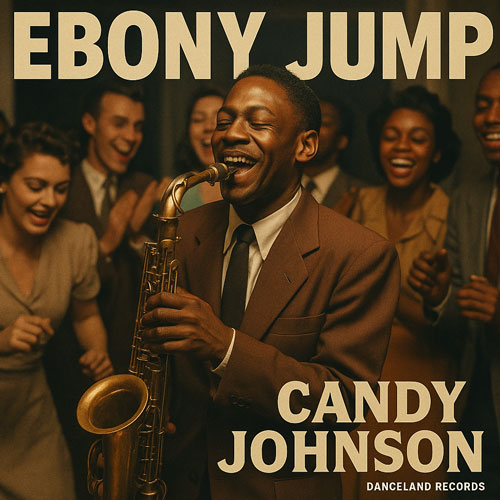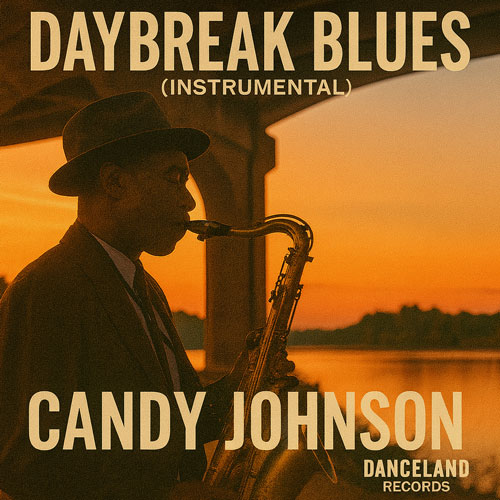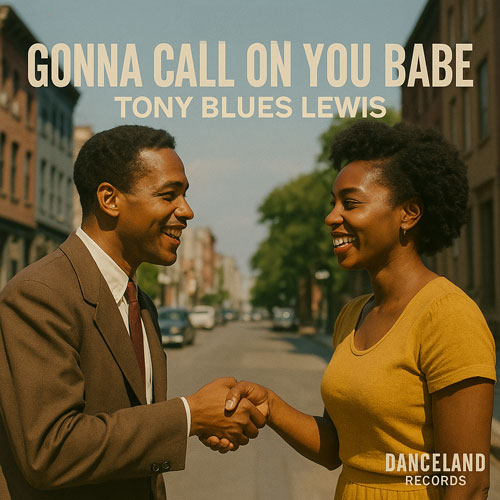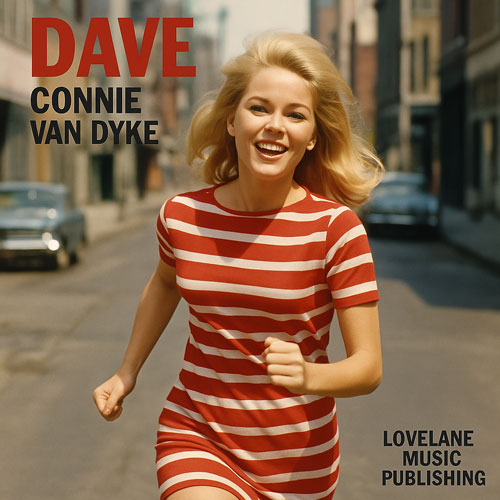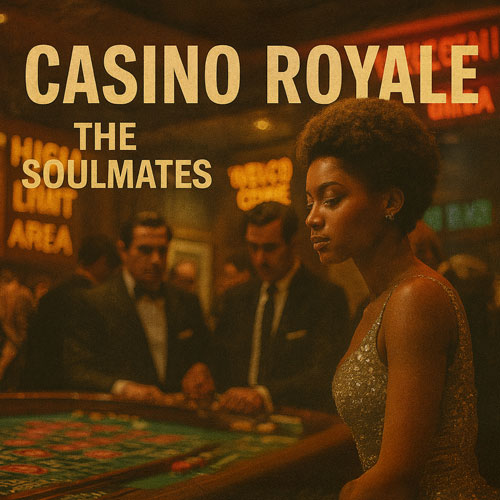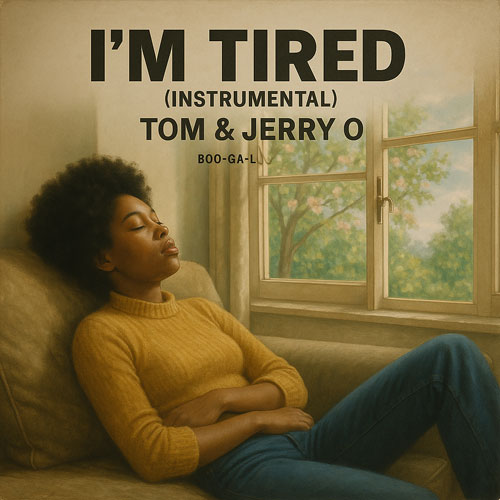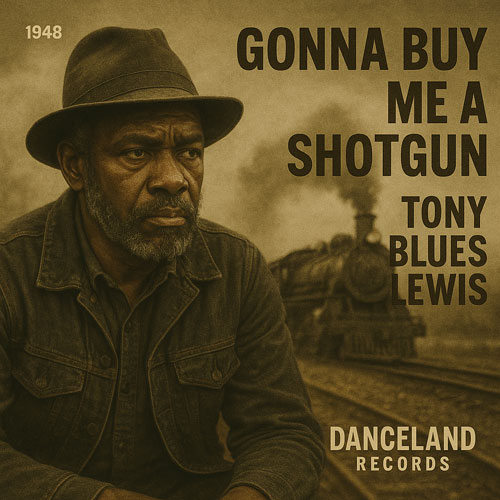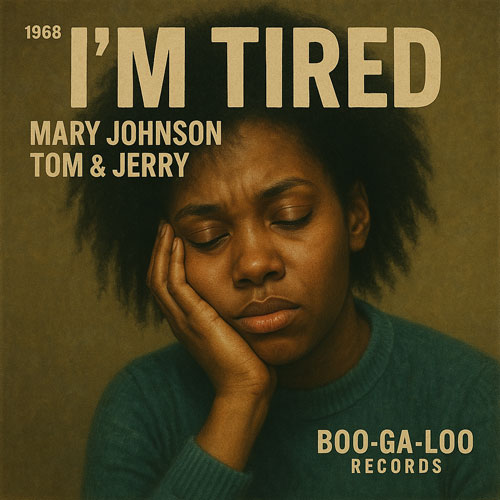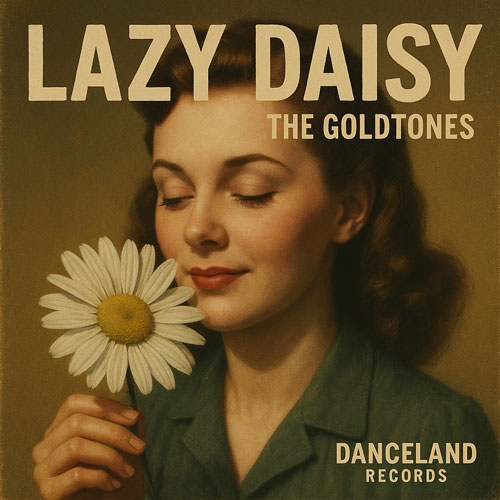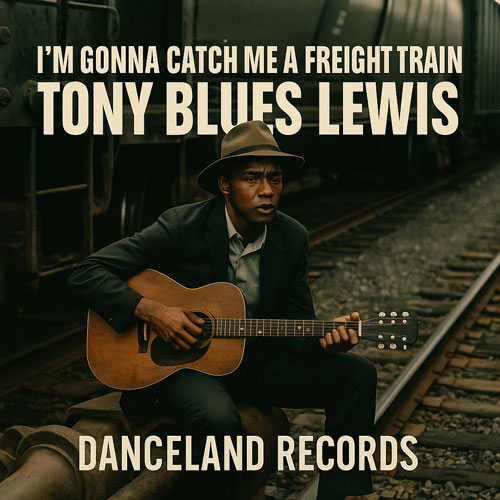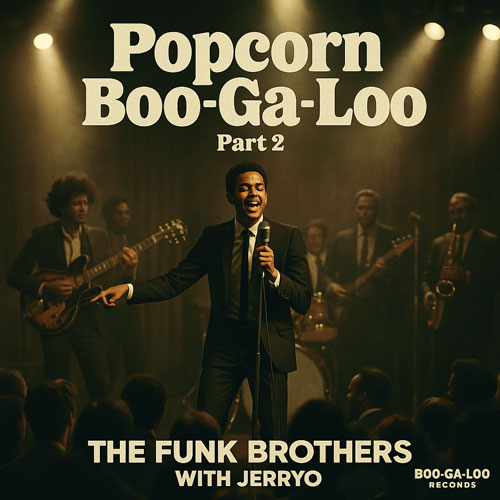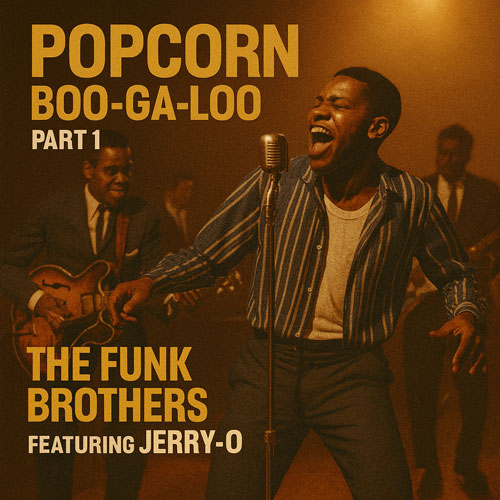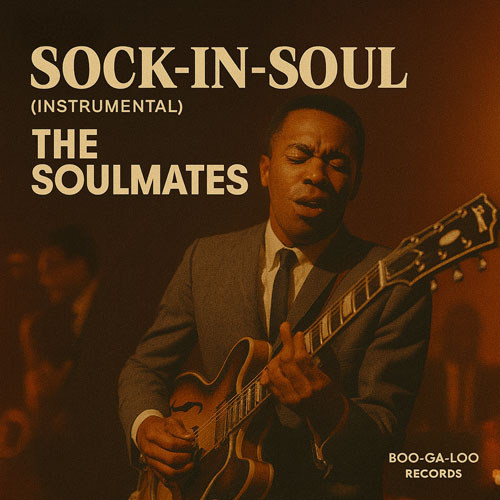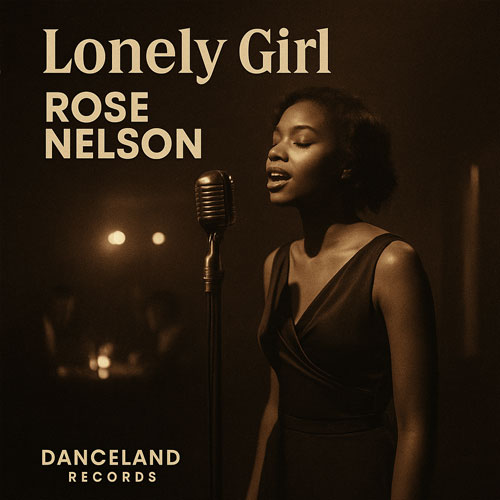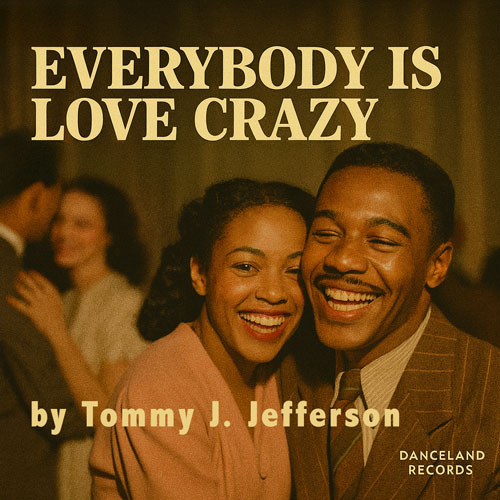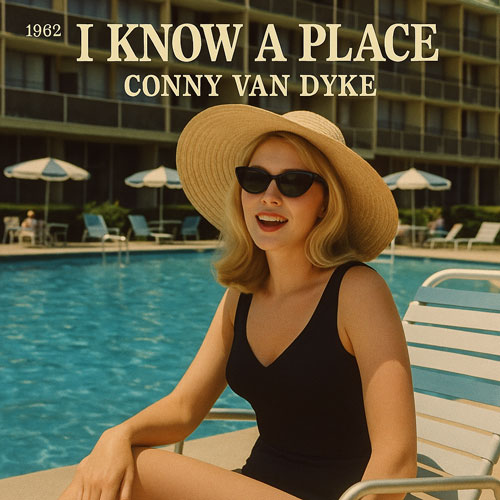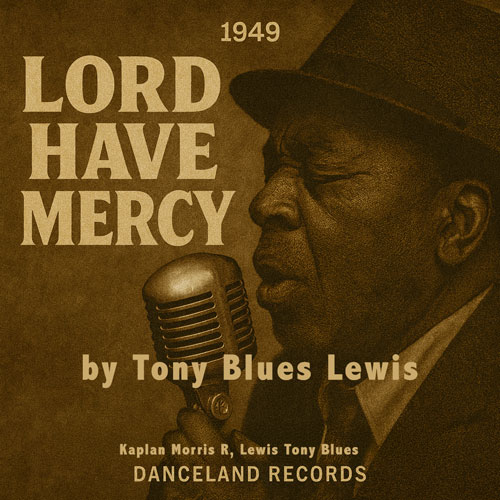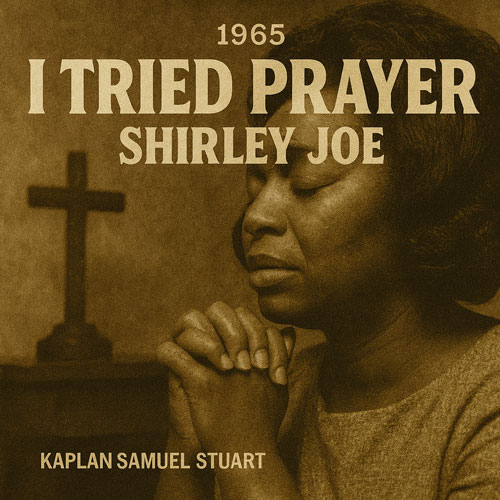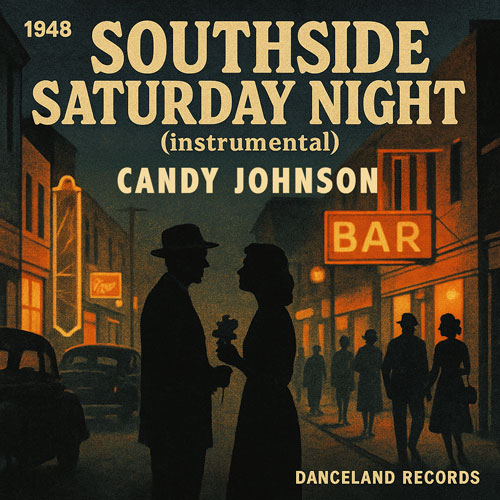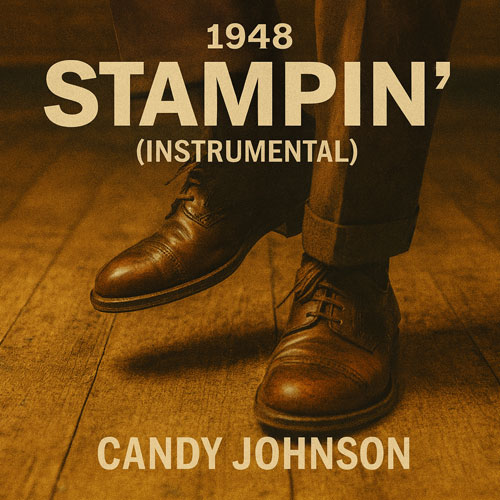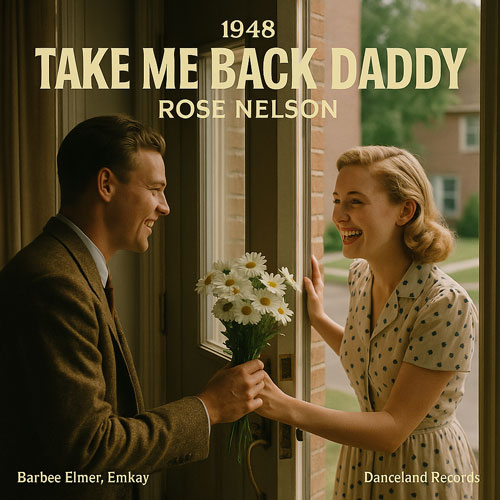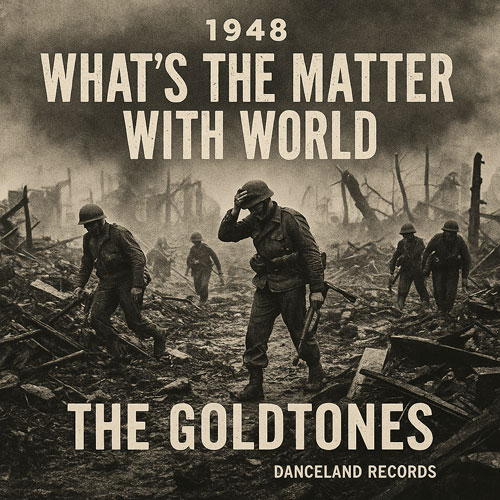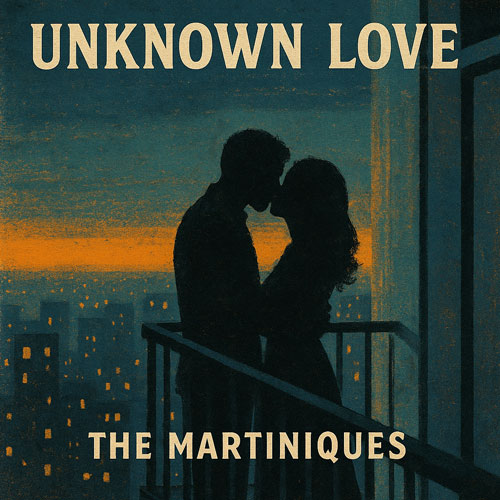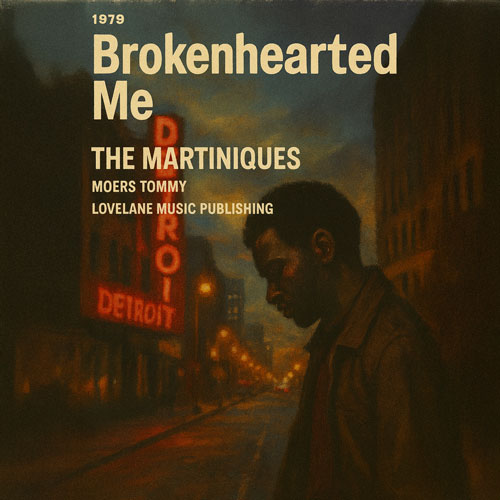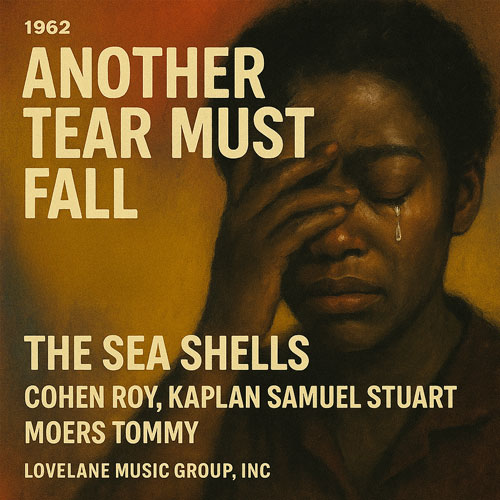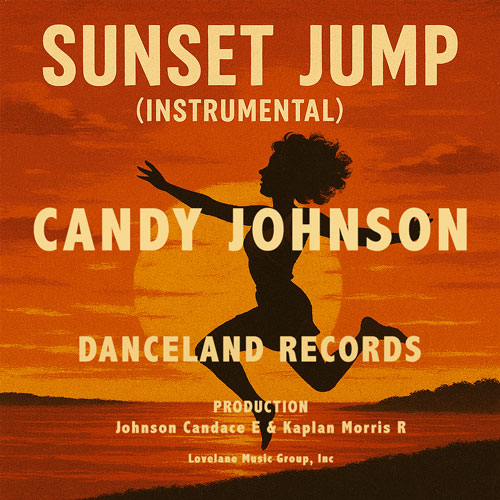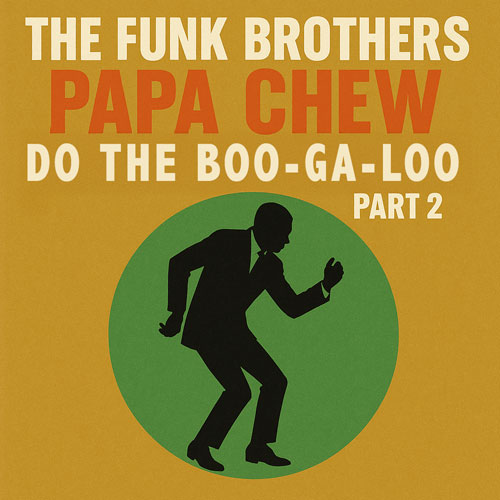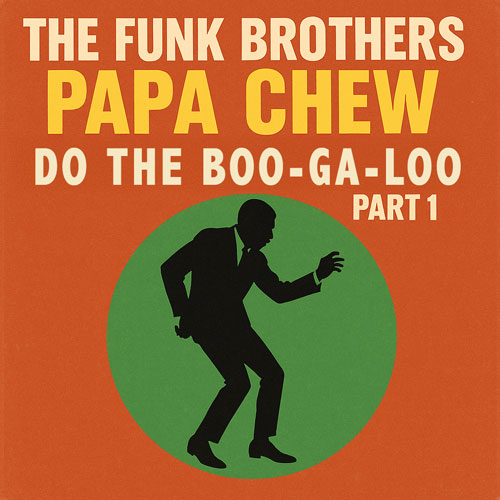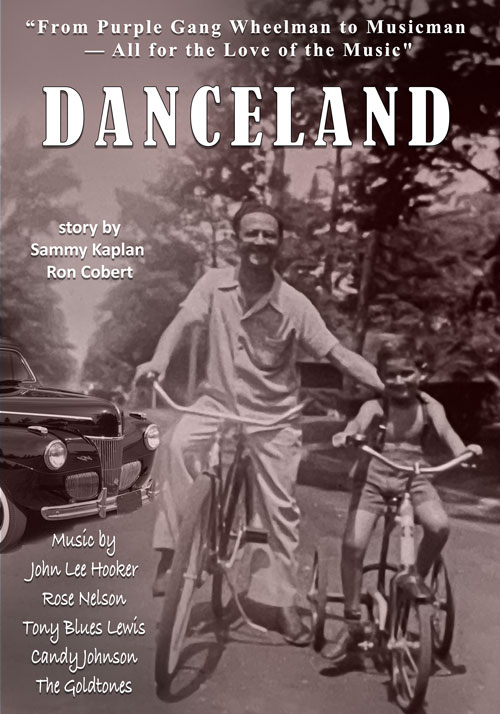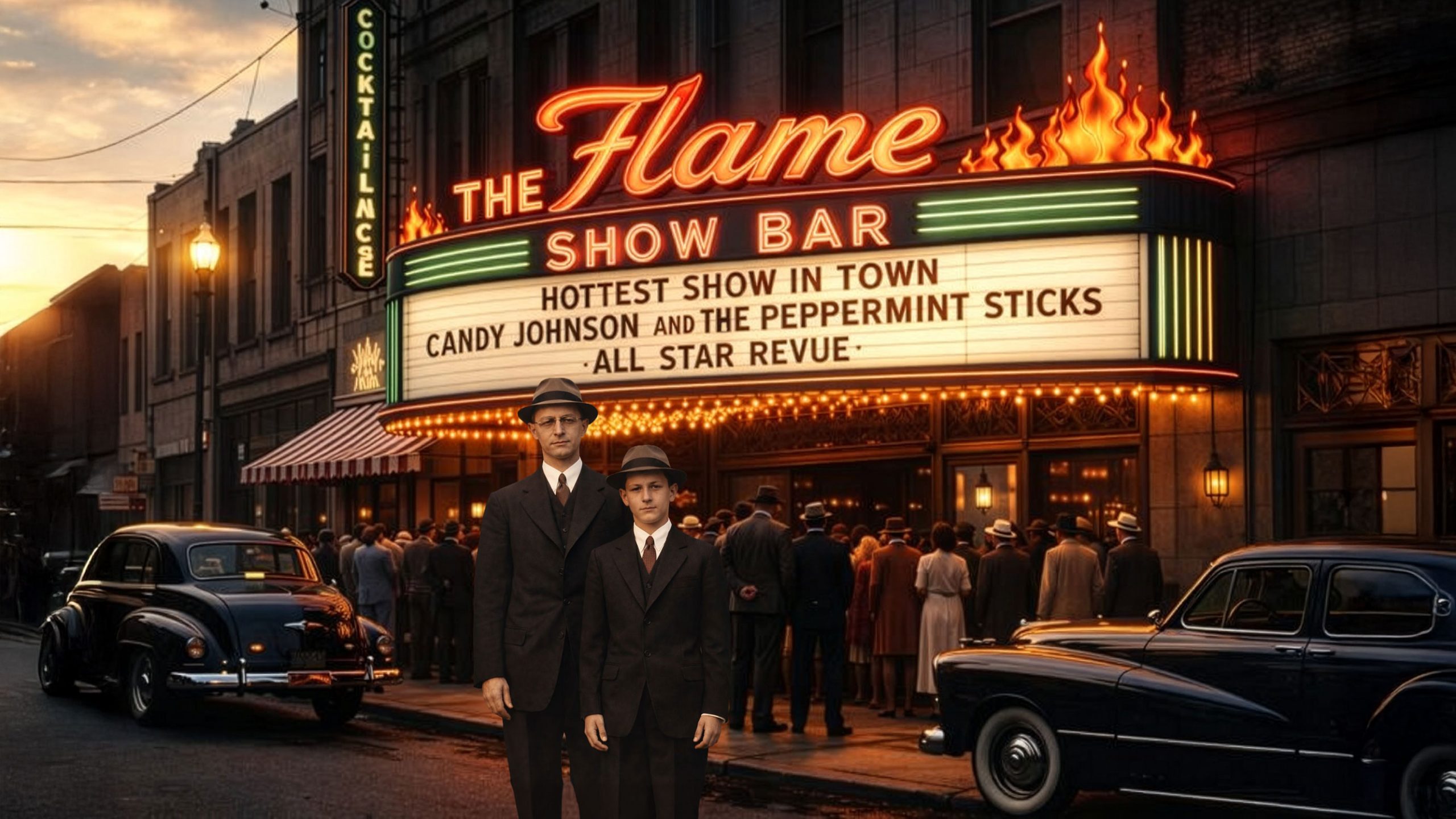
Logline:
In Danceland, Sammy Kaplan uncovers the hidden legacy of his father’s past in 1970s Los Angeles while rediscovering the music that changed his life. Flashing back to the 1940s, Sammy explores his father’s transformation from a Purple Gang wheelman to a pioneering music producer in post-Prohibition Detroit and how his father’s love for music inspired Sammy’s own career path in the music industry.
Synopsis:
Danceland follows the story of Sammy Kaplan, a man in 1970s Los Angeles, as he uncovers the untold truths about his father, Morris Kaplan, and the lasting impact of his work in Detroit’s early music scene. In the process, Sammy learns how his father’s passion for music transformed their lives.
Morris Kaplan’s story begins in the 1940s, where, as a young man, he was drawn into the criminal world of Detroit’s Purple Gang, working as a wheelman. However, after Prohibition ended and the gang’s power waned, Morris sought a way out of the violent life. The answer came through music — specifically, his discovery of the rich talent at Black clubs in Detroit’s Black Bottom and Paradise Valley neighborhoods. Inspired by the raw, soulful sounds of the local blues and R&B artists, Morris found himself recording tracks on a Wilcox Wire recorder, capturing legends like John Lee Hooker, Candy Johnson, Tony Blues Lewis, and Rose Nelson long before the rise of Motown.
In 1948, Morris founded Danceland Records, one of the earliest independent labels in Detroit, marking his shift from the streets to music production and promotion. Through his label, he recorded a legacy of songs that would continue to resonate far beyond Detroit, giving voice to some of the most influential artists of the era. These songs, recorded in the post-Prohibition era, remain a powerful force in the music world today, including iconic tracks like:
- “What’s the Matter with the World” – The Goldtones
- “Wayne County Ramblin’ Blues” – John Lee Hooker
- “Six O’ Nine Boogie Take One” – John Lee Hooker
- “Cotton Pickin’ Boogie” – John Lee Hooker
- “1949 Grievin’ Blues” – John Lee Hooker
- “Ebony Jump” – Candy Johnson
- “Robin’s Horn” – Candy Johnson
- “Southside Saturday Night” – Candy Johnson
- “Daybreak Blues” – Candy Johnson
- “Sunset Jump” – Candy Johnson
- “Stampin’” – Candy Johnson
- “Lonely Girl” – Rose Nelson
- “Take Me Back Daddy” – Rose Nelson
- “Lord Have Mercy” – Tony Blues Lewis
- “Gonna Call on You Babe” – Tony Blues Lewis
- “I’m Gonna Catch Me a Freight Train” – Tony Blues Lewis
- “Gonna Buy Me a Shotgun” – Tony Blues Lewis
- “Lazy Daisy” – The Goldtones
These songs continue to pay it forward, with their inclusion in film, TV, and commercials, cementing Morris Kaplan’s legacy as a pioneer in music production and promotion during a time before Motown.
As an adult, Sammy reflects on his father’s legacy and the music that shaped his own life working with the likes of Candy Johnson. Sammy’s journey is a quest not only to understand his father’s past but also to carry on his musical legacy, honoring the power of music to heal and transform.
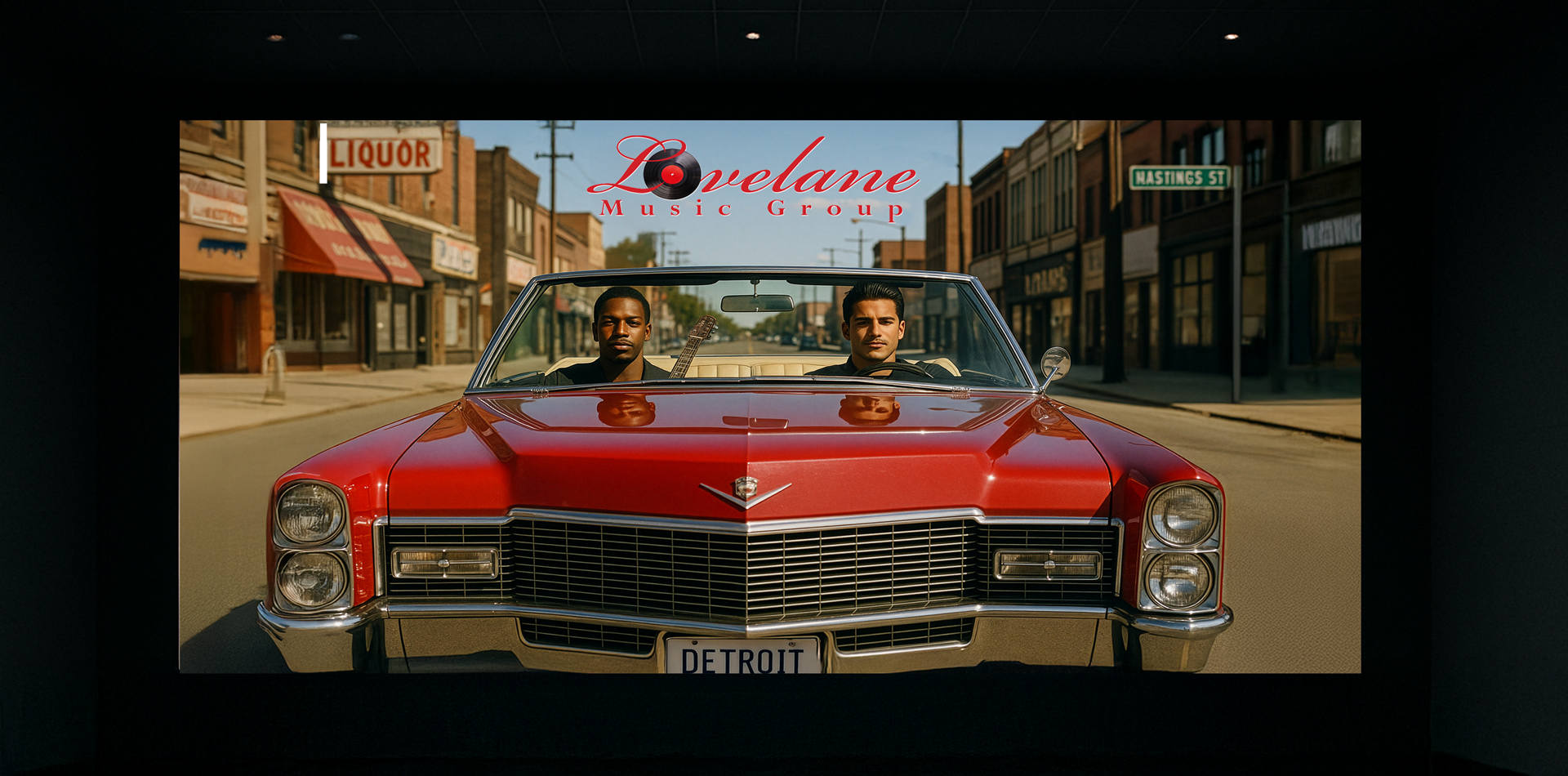
Sammy uncovers the danger his father faced as he tried to leave behind the world of crime and transition into a new life, music. Sammy’s love for music, inspired him to follow in Morris’s footsteps and embrace a career in music promotion.
Danceland is a powerful drama that explores themes of family, legacy, and redemption. It highlights the rich, untold history of Detroit’s early music scene, the transformative power of music, and the difficult journey of leaving a violent past behind. Sammy’s journey mirrors his father’s — a story of reinvention, love for the art, and the unshakable bond between a son and his father.
Danceland is more than a tale of one man’s journey; it’s a powerful exploration of family, music, and transformation. With its blend of personal drama, historical significance, and the deeply emotional connection to the music that defined a generation, Danceland offers a unique perspective on the cultural forces that shaped Detroit and Los Angeles. This series promises to resonate with audiences, offering a rich narrative that combines the raw energy of Detroit’s blues and R&B scene with the timeless themes of redemption and legacy


